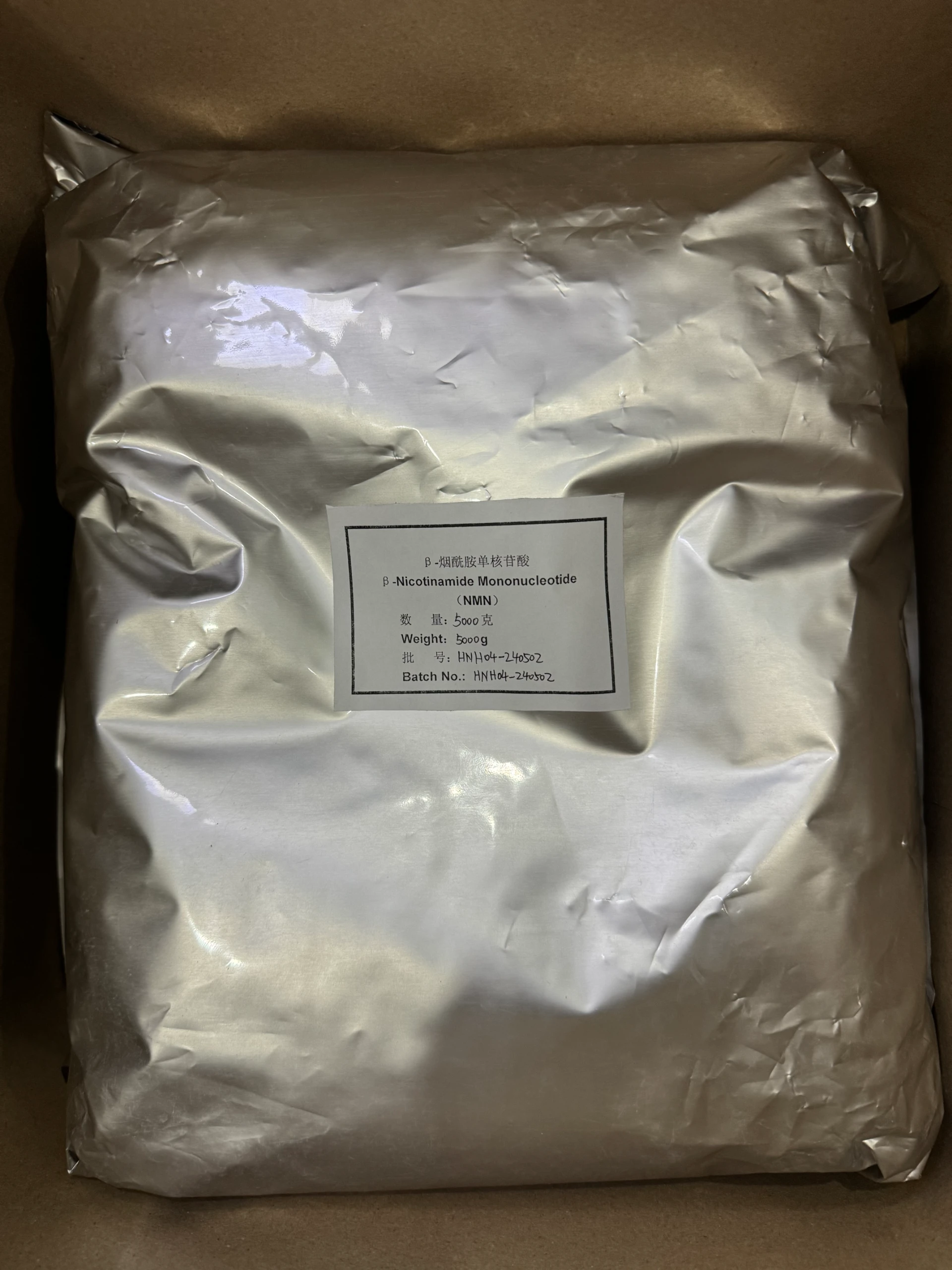Borehole Water Treatment Chemicals Ensuring Safe and Clean Water Supply
Borehole water, derived from wells drilled deep into the ground, has become an essential source of drinking water for many communities, especially in areas where surface water is scarce or contaminated. While borehole water can provide a reliable source of hydration, it often requires treatment to remove contaminants and ensure safety for human consumption. This is where borehole water treatment chemicals come into play.
The Importance of Water Treatment
Groundwater sources are not immune to pollution. Borehole water may contain various dissolved solids, heavy metals, bacteria, and other harmful substances that can pose health risks. Thus, treating this water is crucial to safeguarding public health and meeting regulatory standards for potable water.
To effectively treat borehole water, several chemicals are commonly used, each serving a distinct purpose in the purification process.
Key Chemicals in Borehole Water Treatment
1. Chlorine One of the most widely used disinfectants, chlorine is effective in killing bacteria and viruses present in borehole water. It can be added in various forms, including chlorine gas and sodium hypochlorite. However, careful dosing is required to avoid the formation of harmful by-products, such as chloramines.
2. Alum (Aluminum Sulfate) Alum is primarily used as a coagulant to remove suspended particles from water. When added to borehole water, it causes impurities to clump together, making it easier to filter them out. This process enhances water clarity and quality.
3. Flocculants Chemicals like polyacrylamide are used to improve the coagulation process. Flocculants help in the agglomeration of particles, ensuring that larger clumps are formed, which can then be easily removed through sedimentation or filtration.
borehole water treatment chemicals

4. pH Adjusters Maintaining the correct pH level is critical for effective treatment. It can influence the solubility of contaminants and the efficiency of other chemical treatments. Chemicals such as sodium hydroxide or sulfuric acid are often employed to raise or lower the pH to the desired level.
5. Activated Carbon While not a chemical in the traditional sense, activated carbon plays a crucial role in removing organic compounds and improving odor and taste. It adsorbs a wide range of impurities, making water cleaner and more palatable.
6. Iron and Manganese Removal Agents For borehole water with high levels of iron and manganese, specific treatment chemicals like potassium permanganate are used. These agents oxidize the metals, allowing them to precipitate and be removed from the water.
7. Reverse Osmosis Membranes In cases where finer filtration is needed, reverse osmosis systems may be employed. While not chemical treatment per se, they work chemically to separate contaminants from water, providing a high level of purification.
The Treatment Process
The treatment process for borehole water typically begins with testing to identify specific contaminants present. Based on these results, a tailored treatment plan is developed, incorporating the appropriate chemicals. The process generally involves coagulation, flocculation, sedimentation, filtration, and disinfection, ensuring that the water meets safety standards.
Conclusion
Borehole water treatment chemicals play a vital role in ensuring the safety and quality of drinking water sourced from boreholes. As communities increasingly rely on this valuable resource, understanding the importance and function of these chemicals is essential. By employing the right treatment methods, we can ensure a clean and sustainable water supply for current and future generations, enhancing public health and quality of life in water-scarce regions. Proper training and adherence to safety guidelines when handling these chemicals are also paramount to achieving the desired outcomes without introducing new risks.

